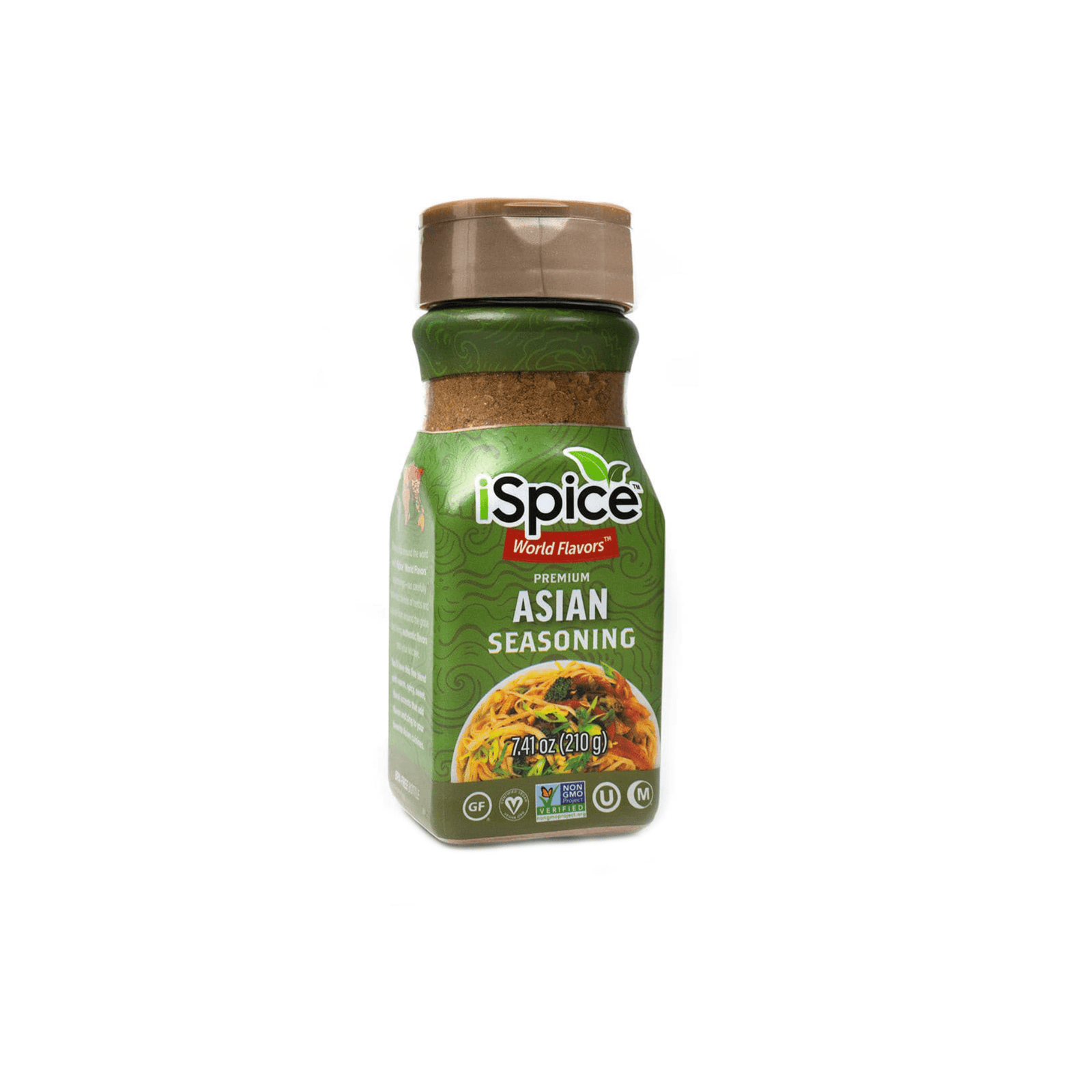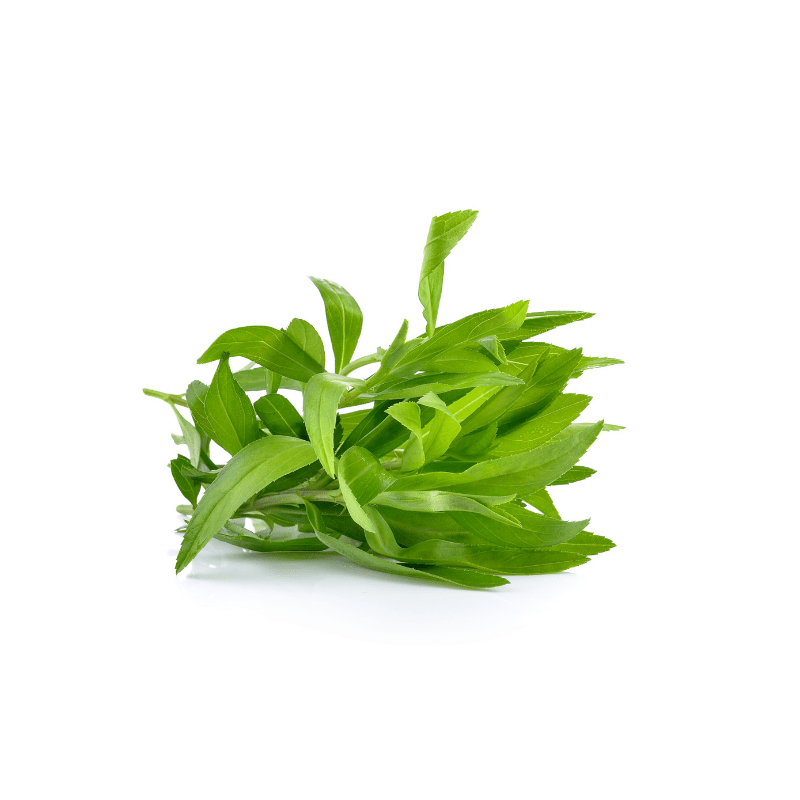
Basil is highly fragrant and has a bright, pungent, robust, peppery taste. There are many different types of basil, with flavors ranging from lemon to cinnamon, pepper, anise and mint. Because of their similarity in taste, common substitutions for basil are oregano and thyme.Basil is called by many names, including sweet basil, holy basil and Thai basil, but all of its common names refer to the herb’s botanical name, Ocimum basilicum. A member of the mint family, it is closely identified with Italian cooking, although it is originally from India.Basil is one of the most popular and easiest herbs to grow. The highly fragrant plant has been grown for at least 5,000 years in India and Asian countries. A staple of many culinary traditions, basil’s history is rich in its other uses in society. In ancient Egypt, basil was likely used as an embalming and preserving herb. It has primarily been used for seasoning, and today enjoys popularity all over the globe.
Alert: While spices can have many beneficial properties for health, using them for medical purposes should be done under the guidance and supervision of a healthcare professional or specialist. Some spices may interact with medications or cause adverse reactions in certain individuals, and it is important to use them safely and appropriately. If you are considering using spices for a medical condition, it is important to consult with a healthcare professional before doing so.
|
|
Benefits of BasilSome research suggests Basil may have the following benefits:
|




















































